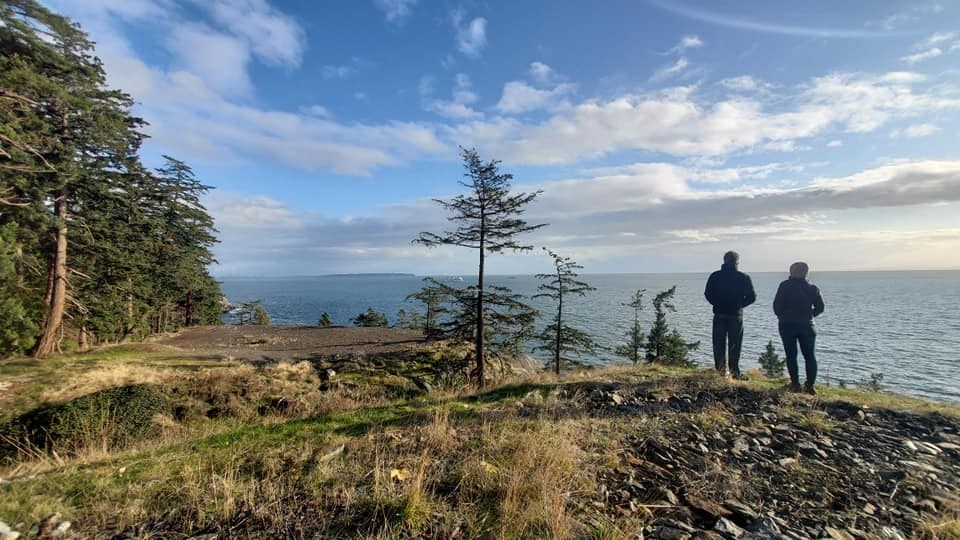Metro Vancouver has decided to move ahead with the purchase of 97 hectares of land at Cape Roger Curtis on Bowen Island.
The MVRD board of directors made the call on April 21, following a decisive week for the park's future which included a Regional Parks Committee meeting on Wednesday. Some committee members questioned how much local support the project actually had, but were assuaged in part by a letter from Bowen Island's council unanimously expressing their support for Metro Vancouver's plan to buy the land and establish a regional park on it.
"We, the elected council of Bowen Island, are writing to you in unanimous agreement to assure you that, contrary to anything else you may have heard from any other source, we are in support of Metro Vancouver’s plan to purchase and create a new regional park at Cape Roger Curtis on Bowen Island."
"We believe there is broad support in our community, and determination to protect, in perpetuity, an outstandingly beautiful part of the province, so close to Metro Vancouver. We are very excited that you have taken notice of this rare gem," read part of the letter written by the island's mayor and six councillors.
In a news release Friday afternoon following Metro Vancouver's closed meeting on the topic, Bowen Island Mayor Andrew Leonard expressed his support for the result.
"After a robust debate, I’m pleased with the decision of the Metro Vancouver Board today, it was clear that board members and staff have listened to our concerns. I appreciate the time that this gives both Bowen Island and Metro Vancouver to discover a collaborative way to work together in creating a generational asset for our community and region," said Leonard.
Bowen's council meeting on April 24 will include a first reading of bylaws to amend both the Official Community Plan and Land Use Bylaw to allow for overnight camping at the site. The camping component is widely seen as a necessary requirement for the project's success.



